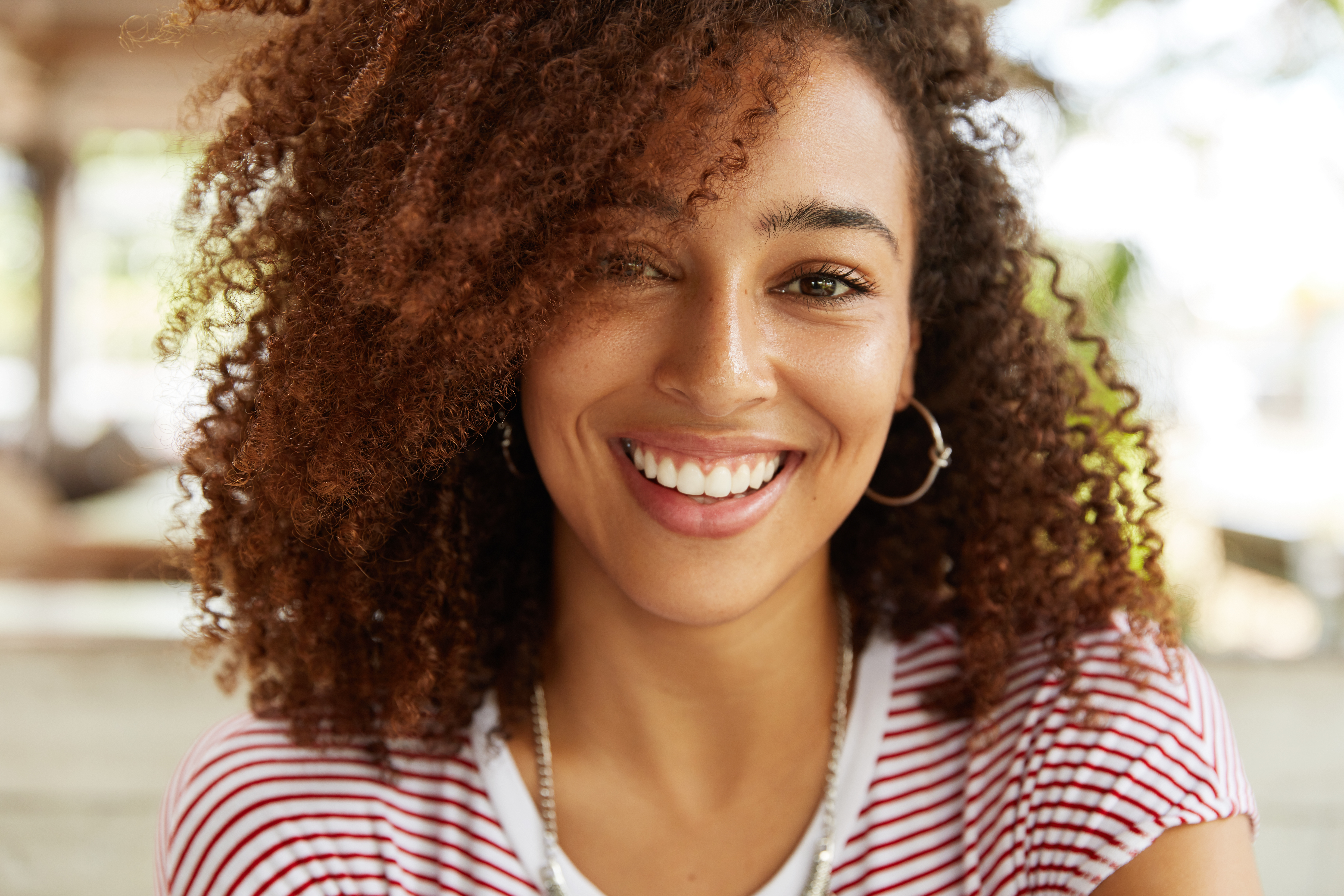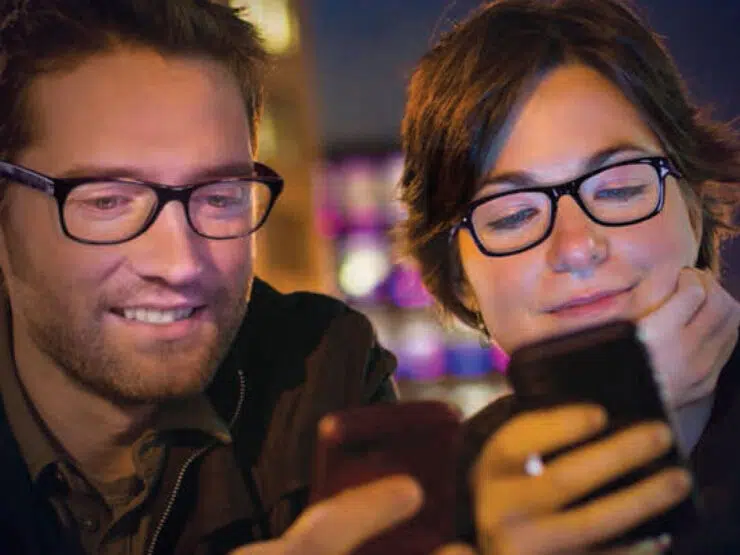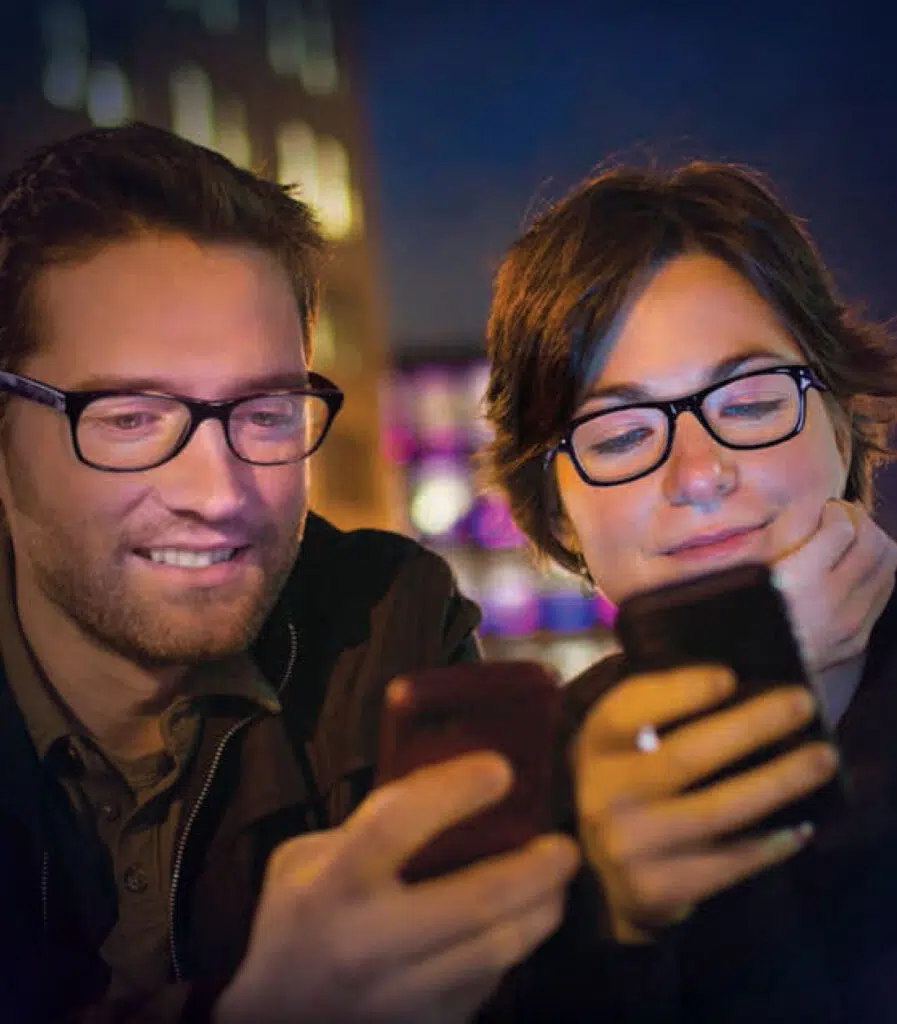

More and more people are wearing special eyewear to block or filter that high-energy blue light that comes from your digital screens. Research shows that the global market for blue light eyewear will rise to $27 million by 2024, up from $18 million in 2019. Benefits of the glasses are said to include less eyestrain, prevention of eye disease and improved sleep habits.
But because these glasses are fairly new, there’s not a lot of research that says they actually work or not. The FDA does not regulate this type of eyewear because it is not marketed as a medical device. The American Academy of Ophthalmology does not recommend any kind of special eyewear for computer users, saying it’s not been proven that blue light from digital devices leads to eye disease or even causes eye strain. The problems people have about eye strain, they say, are a result of overuse of the digital devices themselves.
On the other hand, some eye professionals and organizations (such as The Vision Council) say they do have benefits.
That being said, we thought the topic warranted a look into: how do blue light eyeglasses work?
How Blue Light Glasses Work
Blue-light blocking glasses feature filters in their lenses that block out or absorb blue light, and in some cases UV light. Translation? If you use these glasses while looking at a screen, especially in darkness, they can help slash exposure to blue light waves that can keep you up at night.
What is blue light? All light we see contains the spectrum of the rainbow, from red to violet, and within that spectrum, there are blue light waves which are thought to help us stay alert and upbeat. Any source of visible light can give off blue light waves, from the sun to a touchscreen to a light bulb.
We are exposed to a ton of blue light waves every day from the sun, but after darkness hits, we’re still being exposed to it from a variety of artificial sources. When the sun sets, that lack of light tells our bodies to start production of melatonin, which is the hormone that helps us fall asleep.
Exposure to light waves after dark will delay your production of melatonin, but blue light waves are especially troublesome because they keep us on high alert. This makes it difficult to fall and stay asleep. As you know, restful sleep helps repair our body and brain, keeps us alert the next day, improves our mood and generally helps us stay healthy. A lack of quality sleep over the long term can lead to irritability, lowered immune system and a host of health risks.
Contact Simon Eye
If you would like more information about blue light blocking glasses, we would be happy to answer your questions and concerns. Contact us at 302-239-1933.
Interested in Blue Light Blocking Eyeglasses?
Make an appointment with Simon Eye to learn more about blue light blocking eyeglasses.


